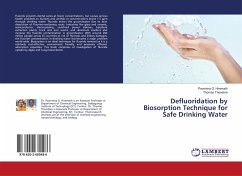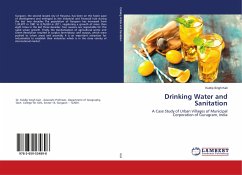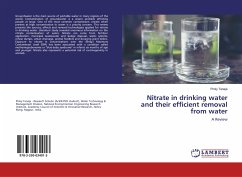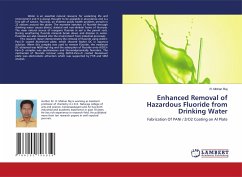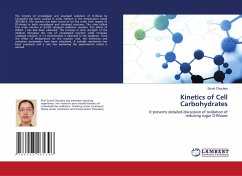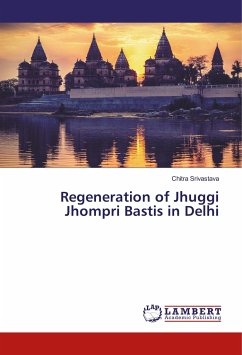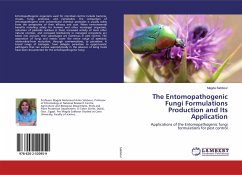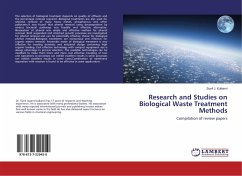Fluoride prevents dental caries at lower concentrations, but causes serious health problems to humans and animals at concentrations above 1.5 ppm through drinking water. Fluoride enters the groundwater due to slow dissolution of fluorine-containing rocks. Industries like glass and ceramic, semiconductor, electroplating, coal-fired power stations, beryllium extraction plants, brick and iron works, and aluminum smelters also increase the fluoride contamination in groundwater. With around 200 million people across 35 countries at risk of fluorosis and kidney damages, the fluoride contamination in drinking water has become a major problem world-wide. Biosorption is an ideal technique for fluoride removal as it is a relatively cost-effective, environment friendly, and possesses efficient adsorption capacities. This book comprises of investigation of fluoride uptake by algae and fungi biosorbents.

